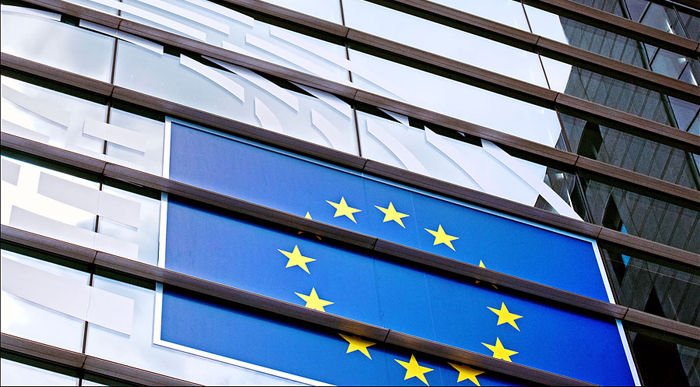“I am proud of what has resulted from my case, including the establishment of this special committee. I see it as a recognition for my decision to go public”, said Antoine Deltour in a hearing with members of the Special Committee on Tax Rulings on Monday.
Former Price Waterhouse Coopers auditor Deltour – whistle-blower in what has become known as the ‘luxleaks’ affair – risks five years in prison and a fine of over €1 million for revealing secret tax rulings with multinational companies in Luxembourg to journalists.
Asked how whistle-blowers could be better protected, Mr Deltour said the scope of the protection should be widened. “You are protected if you reveal illegalities. The rulings that I disclosed are not illegal, even though they go against the public interest. This is why I went to the press and not to the authorities”, he said. Many MEPs told Mr Deltour they owed him gratitude for his courage.
Multinational companies absent
Several committee members, including Chairman Alain Lamassoure, criticized the absence of most of the multinational companies that were invited to inform MEPs about their side of the tax story. Companies that excused themselves include McDonalds, Coca Cola Company, IKEA, Google, Fiat Chrysler Automobiles N.V., Amazon Luxembourg and AB InBev.
Mario Monti: “More market without rooting out the social aspects”
Apart from Mr Deltour, debates took place with tax transparency experts as well as with former EU Commissioner for Taxation and later Competition Mario Monti.
Mr Monti went all the way back to ’95 when serving under Commission President Santer he started to work on tax harmonisation “very ambitiously, with very little result”. “Faced with the unanimity rule and processes often characterized by red lines, we had to make things move by focusing on coordination rather than harmonization and by proposing packages, rather than individual pieces of legislation”, Mr Monti explained.
“In Europe we like to talk about a highly competitive social market economy. Looking back with the current knowledge I would have tried better to reconcile the social aspects and the market aspects of the economy. The Commission could propose to accept a deal where those who would like more market – for example in the fields of services, digital economy or professions – can go further. But to avoid rooting out the social element of the internal market, we could ask for a bit more tax coordination to avoid further erosion of tax bases.”


